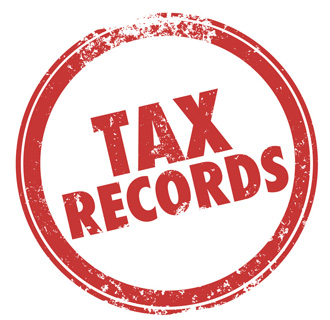
3 Simple Facts to Consider
- Documents to be saved: Make sure that you save all the documents generated by others and provided for year-end tax purposes like important documents emailed to you by your employer, documents related to real estate, bank accounts, donations and investments. Also, save documents that are generated by you like bills, credit cards, invoices, mileage logs, proofs of payments etc.
- Documents to be scanned: Digitization of tax records is the ideal way to store critical documents and make it easier to find the documents quickly. The documents can be converted into digital format using a scanner or scanning app or with the help of document scanning services. Today, there are many free mobile apps available that facilitate effortless scanning to any format. Once the digitization is over, the tax files can be named and also include names of forms like 1099-INT or W-2 and include specific details that will help locating the files easily.
- Documents to be shredded: If you have a digital copyof all critical documents, then you can dispose of the paper documents after a few years. The IRS has guidelines regarding the documents that must be saved. Paper copies of tax records need to be kept only for 7 years i.e if you are filing for 2016, then you can easily shred documents that are prior to 2009. Organizations that have a lot of sensitive documents can choose to invest in a shredder, which will ensure that those records are safely shredded and do not fall into the wrong hands.
The above mentioned tips should help you organize and manage your important tax records.



